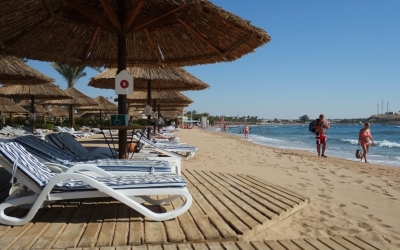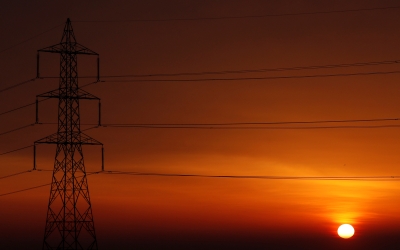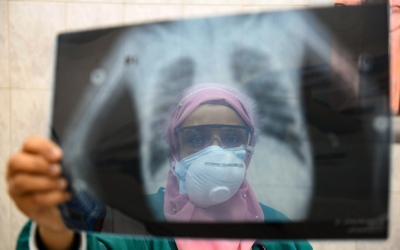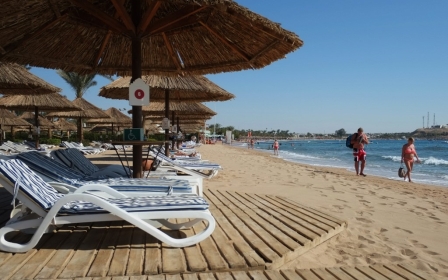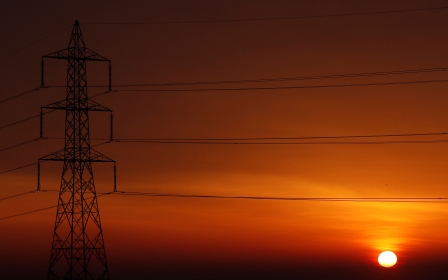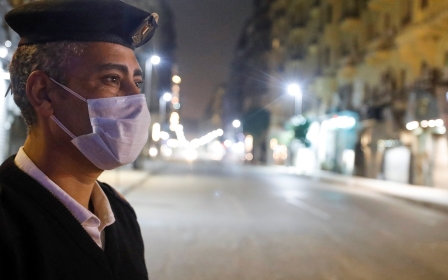Coronavirus: Egypt survivors demand top dollar for their life-saving plasma
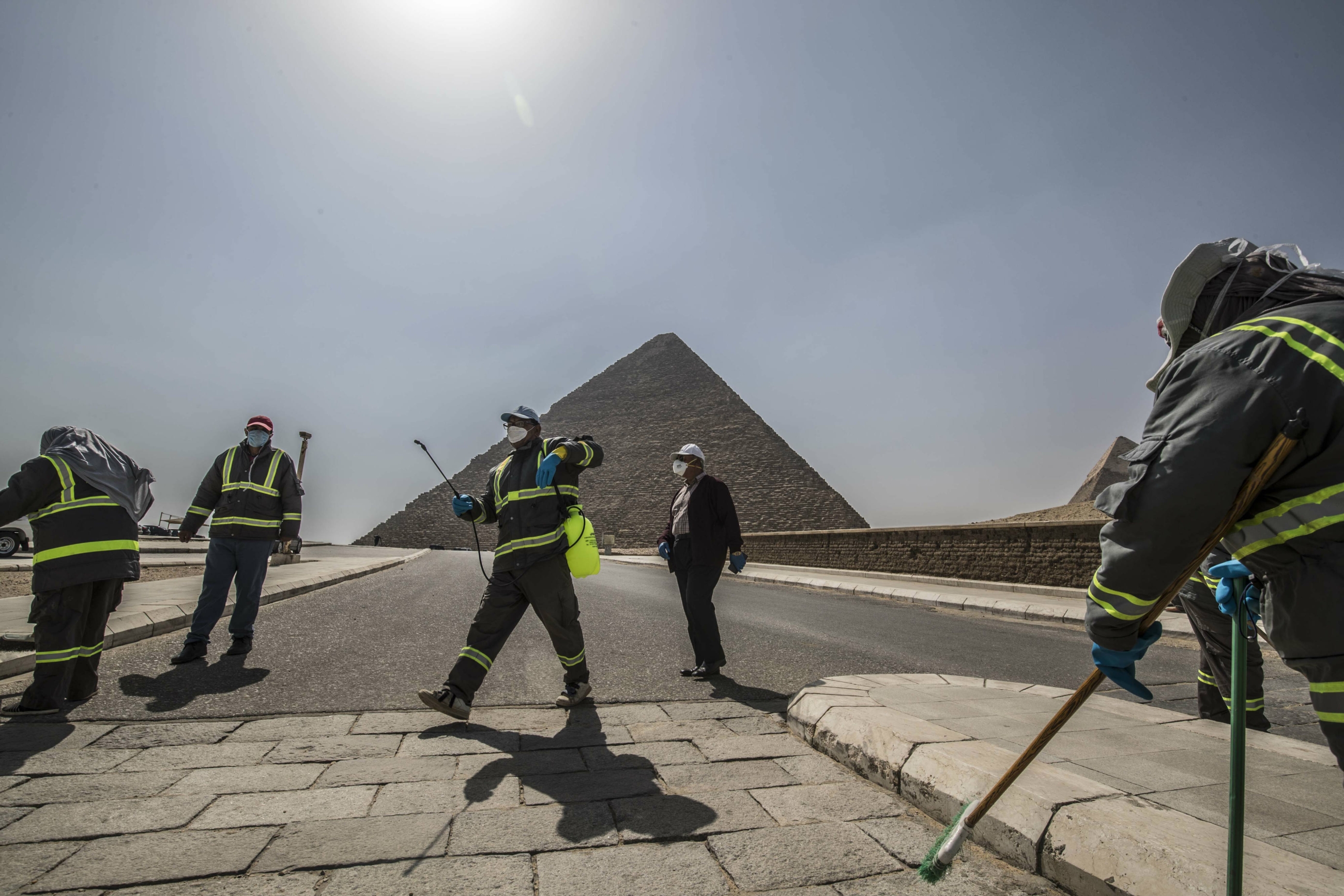
Time is running out and Sally al-Kholi's sister-in-law is badly in need of convalescent plasma to recover from the coronavirus.
Kholi's relative has been lying in the intensive care unit of a hospital in Cairo for days now and specialists treating her have recommended the plasma, Egypt's most effective tool in the treatment of critical coronavirus cases so far, for her recovery.
"I have used almost every method to find recovered coronavirus patients who can donate their blood to us," Kholi, a businesswoman in her mid-40s, told Middle East Eye.
Her latest method included offering 40,000 Egyptian pounds ($2,400) for a potential donor.
The offer is far from haphazard. Convalescent plasma is turning into a highly sought after commodity in Egypt.
Hospitals have succeeded in using the plasma, extracted from the blood of coronavirus patients 14 days after their recovery, to treat some Covid-19 patients in a critical condition.
The blood of those who have already recovered from the new disease contains antibodies that recognise and fight the pathogens that cause it.
Doctors separate the plasma, a blood component, and administer it to coronavirus patients to help their immune systems reject the pathogen more efficiently.
Several patients in a critical condition have so far recovered from the coronavirus after having the convalescent plasma administered to them.
Egypt's talk shows debate morality
Sensing an opportunity, some of those recovering from the disease are not ready to give their blood out for free.
They demand remuneration for donating the blood, putting a very high value to it, often thousands of dollars for a bag.
Dozens of social media pages are popping up to connect those who want to buy the plasma with those who want to sell it.
Some of those needing the plasma speak openly about their readiness to buy it from coronavirus survivors.
They specify the blood type and sometimes the amount of money they are ready to pay.
The evolving blood plasma market is turning into fodder for discussions on Egypt's talk shows and among members of the public.
Health authorities are critical of the new trend.
"The problem is that we cannot force recovered patients to donate their blood," Dr Wagdi Abdel Monem, head of the Pulmonology Department at the Egyptian Ministry of Health, told MEE.
Tourism hit
The growing blood plasma trade comes at a time when Egypt is trying to narrow the scope of the coronavirus, reduce fatalities and gradually return the country to some kind of normalcy.
On Sunday, the government announced it would reopen airports on 1 July and begin welcoming tourists to the nation's beach resorts.
Other tourist sites, including the pyramids at Giza, the Egyptian Museum in Cairo and Luxor's Karnak temple will reopen progressively, the tourism minister said.
Until 12 June, health authorities had reported 41,303 coronavirus infections and 1,422 deaths.
The pandemic has been very costly for the economy. It has halted the tourism sector, closed down thousands of factories, and negatively affected national revenues.
To curb the spread of the disease, Egypt closed down its schools, universities, mosques, churches and shopping centres. It also shuttered hotels, restaurants and coffee shops.
Authorities imposed a nationwide night-time curfew and asked almost half of the nation's six million civil servants to stay at home.
They also made the wearing of face masks mandatory for people on public transport and inside state institutions, banks and supermarkets.
These measures have succeeded in slowing down the spread of the disease, rescuing Egypt from becoming an international coronavirus hotspot.
No justification
Nonetheless, coronavirus infections and deaths have been rising since the beginning of June.
Health authorities expect the coronavirus curve to flatten in the second half of the month and begin going down in July.
On 21 May, the Ministry of Health specified an additional 320 state-run hospitals for testing suspected coronavirus cases.
This addition coincided with a surge in the number of patients around the country. The testing and treatment inside these hospitals take place free of charge.
'Selling the blood plasma of a recovered person, taking advantage of the pandemic, is impermissible'
- International Electronic Fatwa Centre of al-Azhar
Private hospitals have already started offering treatment to coronavirus patients, but they charge the patients a fortune - by Egyptian standards - in return for the treatment.
The vast majority of patients receive treatment at the state-run hospitals, without paying any money.
As a result, there has been shock among many Egyptians hearing of the recovered patients who are trying to make money from their situation.
MEE found it hard to talk to any of the recovered patients offering their blood for sale.
Meanwhile, some sociologists say nothing can justify their actions.
"This is especially true with the people who want to cash in on their recovery knowing that they can save lives with their blood," Said Sadek, a political sociology professor at the American University of Cairo, told MEE.
"Neither can poverty nor tough economic conditions give grounds for this."
Against the teachings of Islam
So far, 11,108 people have fully recovered from the coronavirus and left hospital.
Surprisingly enough, until 10 June, only 45 had donated their blood to the nation's blood banks, according to Health Minister Hala Zayed.
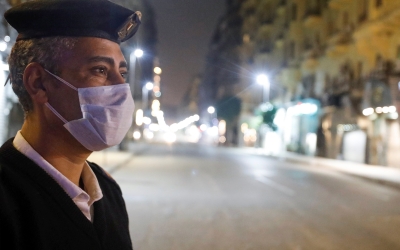
The lack of enthusiasm on the part of coronavirus survivors and the growing blood plasma trade has spurred the religious establishment to get involved.
Al-Azhar, the highest seat of Sunni Islamic learning, said the selling of blood plasma by those who have recovered from the coronavirus has nothing to do with the teachings of Islam.
"Selling the blood plasma of a recovered person, taking advantage of the pandemic, is impermissible," the International Electronic Fatwa Centre of al-Azhar said.
"The human body, including the flesh and the blood, belongs to God," it added in a statement on 8 June.
Osama al-Hadidi, the head of the centre, lashed out at recovered patients who want to make money for donating their blood.
"These people should remember their condition before recovery," Hadidi told MEE.
"They should not exploit people's need for their antibody-rich blood and try to make profits from it."
'Very painful experience'
On 30 May, Zayed called on recovered patients to donate their blood to contribute to the recovery of other patients.
Last week, the Ministry of Health partnered with Facebook to encourage coronavirus survivors to donate their blood.
'The disease was a very painful experience to me... Nobody should die from it so long as recovered patients like me can help'
- Shaker al-Samadi
Ordinary people are also launching their own campaigns to encourage recovered patients to donate their blood and save lives.
One of the campaigns was launched in the central province of Minya. Those launching it say that by donating their blood, the recovered patients would be standing by their country in its efforts to contain the coronavirus.
Some people are responding positively. Shaker al-Samadi, a salesman in his early 50s, donated his blood two weeks after recovering from the coronavirus a month ago.
He was one of the 45 people who had donated their blood so far.
"The disease was a very painful experience to me," Samadi told MEE. "Nobody should die from it so long as recovered patients like me can help."
Other recovered patients are doing the same, including posting their phone numbers on Facebook and Twitter to connect with the relatives of patients who are searching for blood donations.
False hope
Some people have posted the phone numbers of people who, they say, are ready to donate their blood.
However, when Kholi tried to contact them, most of the numbers she dialled were either out of service or were for people who had posted their numbers for fun.
Unfortunately, such acts increase the desperation among the relatives of patients badly in need of the donations and make them more open to paying money for them.
As a result, some of them, like Kholi, have resorted to making announcements on social media offering payment in order to reach donors.
"She is dying at the hospital and the convalescent plasma is necessary for her recovery," Kholi says of her sister-in-law as she explains her decision.
"After all, nobody can force people to donate their blood."
Middle East Eye delivers independent and unrivalled coverage and analysis of the Middle East, North Africa and beyond. To learn more about republishing this content and the associated fees, please fill out this form. More about MEE can be found here.


